
The Enchanting Shores of Lake Lucerne
Nestled in the heart of Switzerland, Lake Lucerne is a glistening gem that captivates visitors with its serene beauty and rich cultural heritage. Surrounded by majestic mountains and charming villages, this area offers an idyllic escape for those seeking tranquility and adventure alike. The lake’s crystal-clear waters invite you to unwind and take in the breathtaking views, whether you're aboard a paddle steamer or enjoying a leisurely stroll along the shoreline. The city of Lucerne, located on the lake's western tip, serves as a gateway to this picturesque region. With its well-preserved medieval architecture, including the iconic Chapel Bridge and Water Tower, Lucerne seamlessly blends history with modern Swiss charm. The vibrant old town is dotted with boutiques, cafes, and museums, making it a delightful place to explore. Don't miss the chance to visit the Swiss Museum of Transport or take a scenic ride on the nearby cogwheel railway to Mount Pilatus for panoramic vistas. For outdoor enthusiasts, Lake Lucerne’s surrounding landscape provides a plethora of activities. Hiking and biking trails abound, offering routes that cater to all levels of fitness and adventure. The lake itself is perfect for swimming, boating, and even windsurfing. In winter, the nearby mountains transform into a snowy wonderland, ideal for skiing and snowboarding. Whether you’re a nature lover, history buff, or thrill-seeker, Lake Lucerne has something to offer everyone.
Local tips in Lake Lucerne
- Visit early in the morning to witness the tranquil beauty of the lake before the crowds arrive.
- Purchase a Swiss Travel Pass for unlimited travel on the lake’s ferries, as well as trains and buses.
- Try local delicacies at the lakeside restaurants, including fresh fish dishes and traditional Swiss cuisine.
- Pack layers, as the weather can change rapidly in the mountainous region.
- Rent a bike to explore the scenic routes around the lake at your own pace.
The Enchanting Shores of Lake Lucerne
Nestled in the heart of Switzerland, Lake Lucerne is a glistening gem that captivates visitors with its serene beauty and rich cultural heritage. Surrounded by majestic mountains and charming villages, this area offers an idyllic escape for those seeking tranquility and adventure alike. The lake’s crystal-clear waters invite you to unwind and take in the breathtaking views, whether you're aboard a paddle steamer or enjoying a leisurely stroll along the shoreline. The city of Lucerne, located on the lake's western tip, serves as a gateway to this picturesque region. With its well-preserved medieval architecture, including the iconic Chapel Bridge and Water Tower, Lucerne seamlessly blends history with modern Swiss charm. The vibrant old town is dotted with boutiques, cafes, and museums, making it a delightful place to explore. Don't miss the chance to visit the Swiss Museum of Transport or take a scenic ride on the nearby cogwheel railway to Mount Pilatus for panoramic vistas. For outdoor enthusiasts, Lake Lucerne’s surrounding landscape provides a plethora of activities. Hiking and biking trails abound, offering routes that cater to all levels of fitness and adventure. The lake itself is perfect for swimming, boating, and even windsurfing. In winter, the nearby mountains transform into a snowy wonderland, ideal for skiing and snowboarding. Whether you’re a nature lover, history buff, or thrill-seeker, Lake Lucerne has something to offer everyone.
Iconic landmarks you can’t miss
Chapel Bridge
Discover the enchanting beauty and rich history of Chapel Bridge, a must-visit landmark in Lucerne, Switzerland.
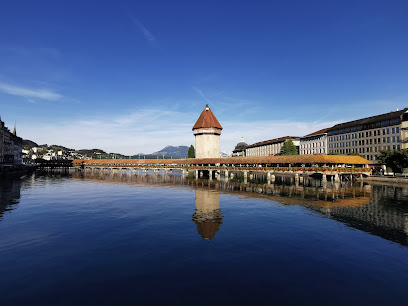
Lion Monument
Explore Lucerne's iconic Lion Monument, a stunning tribute to bravery and sacrifice, nestled in a serene park setting perfect for reflection.
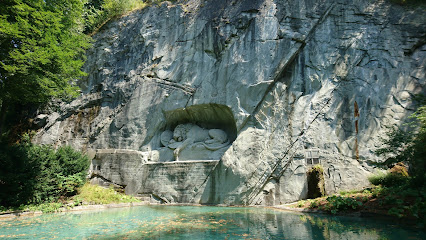
Spreuerbrücke
Explore the historic Spreuerbrücke in Lucerne, Switzerland - a stunning wooden bridge adorned with captivating frescoes and breathtaking views.
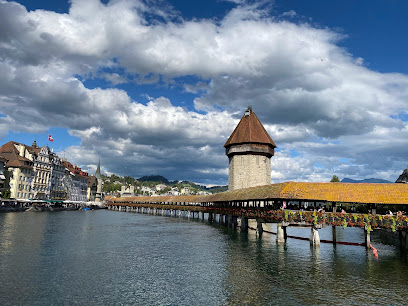
Museggmauer
Explore the historic Museggmauer in Lucerne, Switzerland, where medieval charm meets stunning panoramic views of the city and Lake Lucerne.
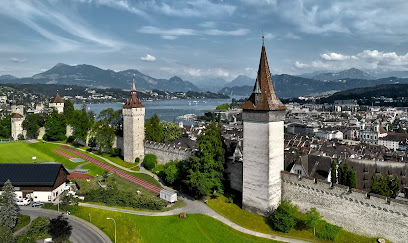
Glacier Garden of Lucerne
Explore the stunning Glacier Garden of Lucerne - a captivating open-air museum showcasing geological wonders and the beauty of Swiss nature.
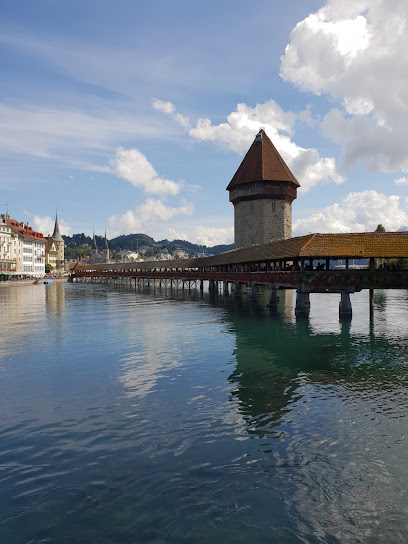
Zytturm
Discover Lucerne's Zytturm, a historical landmark showcasing a 600-year-old clock and stunning views of the Swiss Alps and Lake Lucerne.
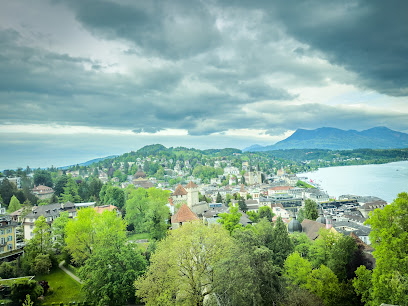
Lucerne Needle Dam
Explore the Lucerne Needle Dam, a unique historical landmark blending nature and engineering in the heart of Switzerland's stunning landscape.
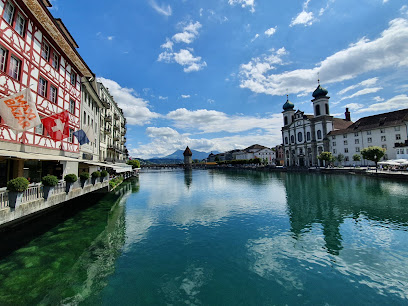
Rathausturm
Discover Rathausturm, Lucerne's historical landmark, offering breathtaking views and rich Swiss heritage in a picturesque setting.
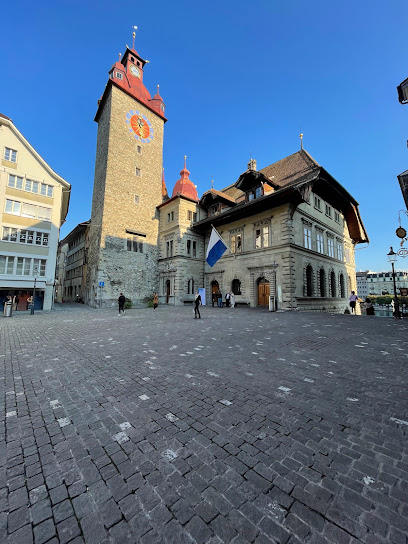
Jesuitenplatz
Experience the historical charm and vibrant atmosphere of Jesuitenplatz, a must-see square in the heart of Lucerne, Switzerland.
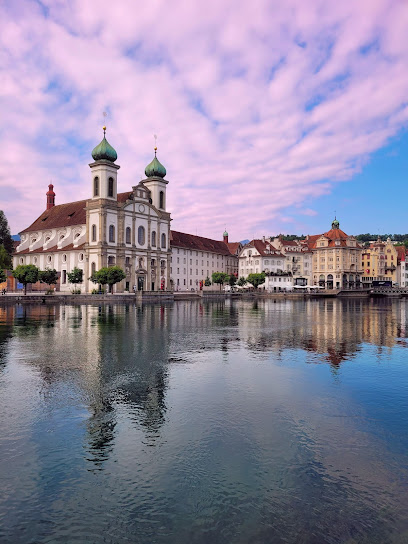
Rathausquai
Explore Rathausquai, a serene waterfront in Lucerne, where stunning views, historic charm, and vibrant culture converge for an unforgettable experience.
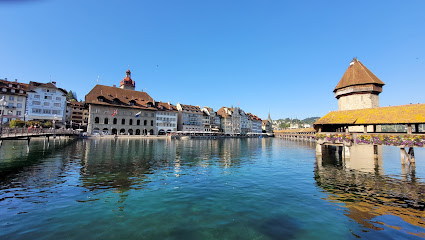
Unmissable attractions to see
Bourbaki Panorama Lucerne
Explore the Bourbaki Panorama in Lucerne, where art and history converge in a breathtaking 360-degree experience that captivates every visitor.
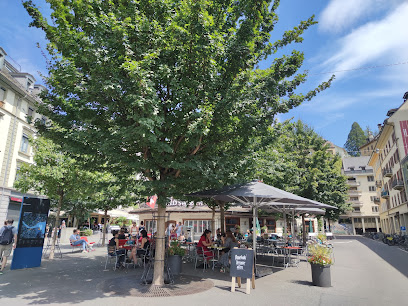
Aussichtspunkt Känzeli
Experience the stunning views of Lake Lucerne and the Swiss Alps at Aussichtspunkt Känzeli, a must-visit observation deck and hiking area.
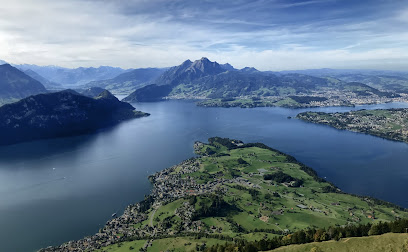
Natur-Museum Kanton Luzern
Explore the wonders of nature at the Natur-Museum Kanton Luzern, where captivating exhibits and interactive displays await every visitor.
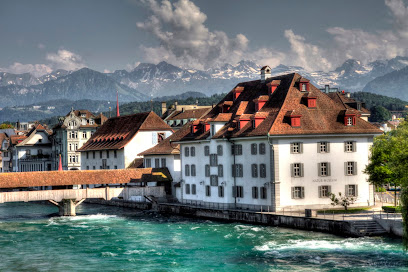
Jesuitenplatz
Explore the historical beauty and vibrant culture of Jesuitenplatz in Lucerne, a must-see destination for every tourist in Switzerland.
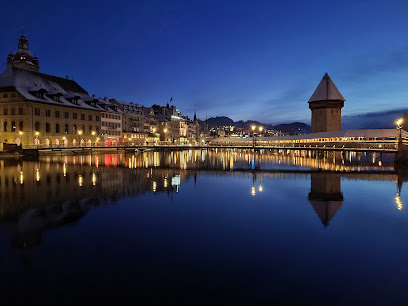
Die Bundesplatzschnecke
Experience the artistic charm of Bundesplatzschnecke in Lucerne, a captivating spiral structure surrounded by nature and culture.
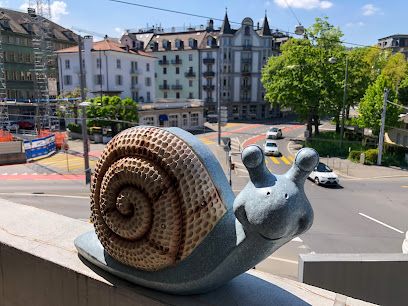
Essential places to dine
Mill'Feuille
Experience exquisite Swiss cuisine at Mill'Feuille, a cozy gem in Lucerne offering local flavors and modern culinary delights.
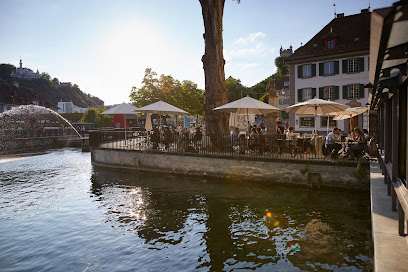
Seebistro LUZ
Experience exquisite European dining at Seebistro LUZ in Lucerne, where stunning lake views meet exceptional cuisine.
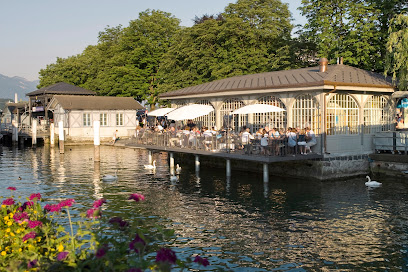
La Cucina
Experience authentic Italian cuisine at La Cucina in Lucerne—where every dish tells a story.
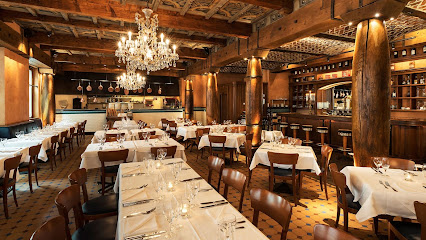
Rathaus Brauerei
Discover authentic Swiss flavors at Rathaus Brauerei, Lucerne's premier brewery and restaurant offering house-made beers and traditional cuisine.
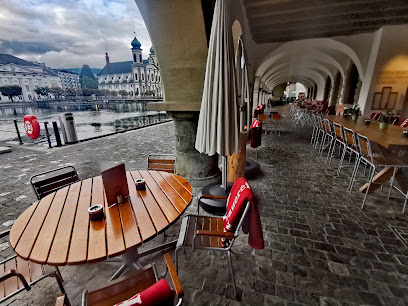
Restaurant Schiff
Discover authentic Swiss cuisine at Restaurant Schiff in Lucerne – where tradition meets flavor in a picturesque setting.
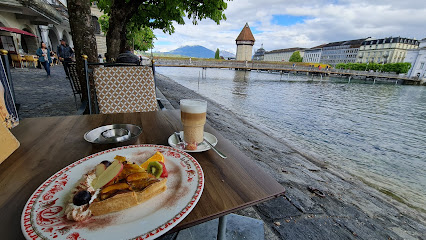
Schiffrestaurant Wilhelm Tell
Experience exceptional Swiss cuisine at Schiffrestaurant Wilhelm Tell with stunning views of Lake Lucerne and the majestic Alps.
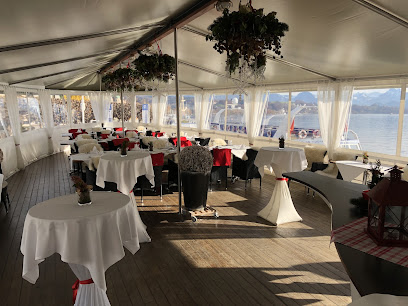
Lapin
Savor traditional Swiss cuisine in Lucerne's cozy Lapin restaurant; an essential stop for every food lover exploring Switzerland.

Restaurant HERMITAGE, Luzern
Discover the exquisite flavors and breathtaking views at Restaurant HERMITAGE in Luzern - a culinary paradise on Lake Lucerne.

Restaurant Weisses Schloss
Experience authentic Swiss cuisine at Restaurant Weisses Schloss in Lucerne - where culinary tradition meets stunning ambiance.
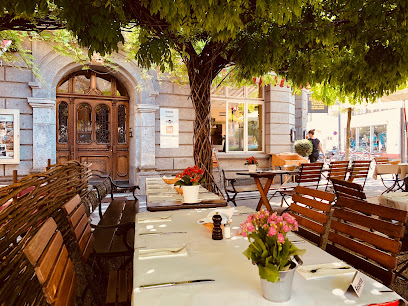
Olivo
Experience exquisite Mediterranean flavors at Olivo in Lucerne – where culinary artistry meets warm hospitality.
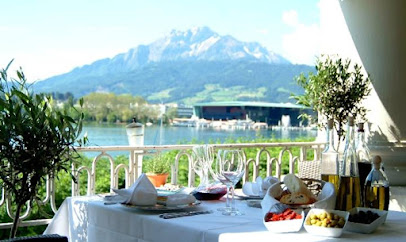
Markets, malls and hidden boutiques
Casagrande Souvenirs • Watches Grendel
Discover the charm of Casagrande Souvenirs in Lucerne, where Swiss craftsmanship and delightful gifts await every visitor.
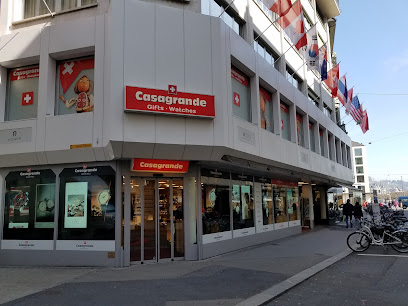
Changemaker
Discover sustainable gifts and fashion accessories at Changemaker, Lucerne's premier eco-friendly gift shop offering unique treasures for every traveler.
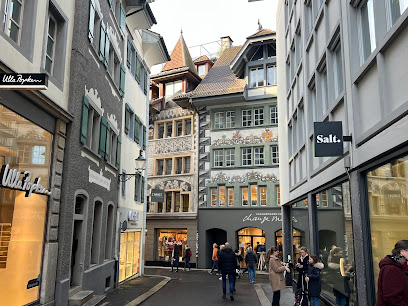
Old swiss shop
Experience the charm of Swiss craftsmanship with unique souvenirs at the Old Swiss Shop in Lucerne. Perfect for tourists seeking quality gifts.
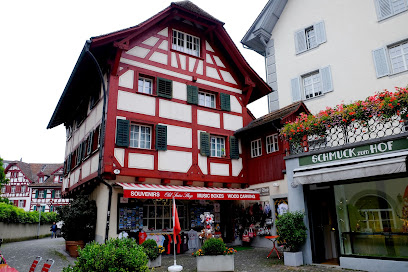
Wasserturm Souvenirshop GmbH
Discover unique Swiss souvenirs at Wasserturm Souvenirshop in Lucerne, where tradition meets modernity in a charming shopping experience.
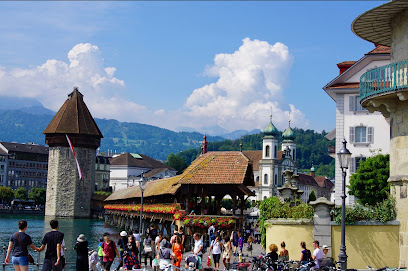
Pilatus Shop Luzern
Explore the Pilatus Shop in Lucerne for authentic Swiss souvenirs that capture the essence of your Swiss adventure.
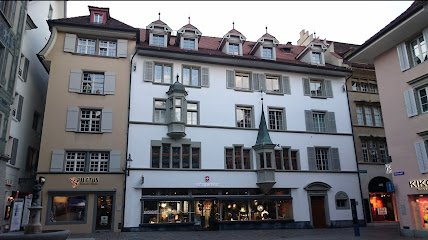
Ernst Schmocker AG
Discover unique Swiss souvenirs and exquisite watches at Ernst Schmocker AG in Lucerne, the perfect destination for travelers seeking authentic gifts.
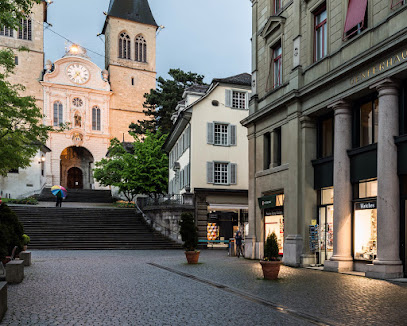
Gift Shop
Indulge in exquisite Swiss chocolates and unique gifts at the Lindor Boutique in Lucerne, a delightful stop for any traveler.
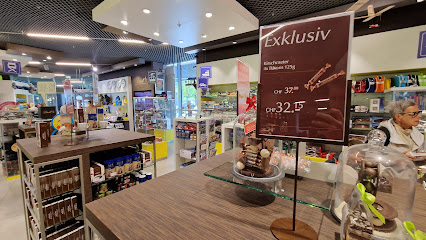
Boutique Comme ça
Discover chic clothing and unique fashion accessories at Boutique Comme ça, a stylish shopping destination in the heart of Lucerne.
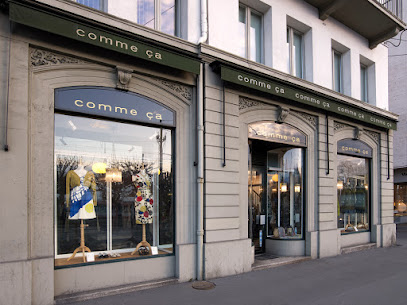
Vintage Bazaar Luzern
Explore Vintage Bazaar Luzern for a unique shopping experience filled with vintage treasures and modern finds in the heart of Lucerne.
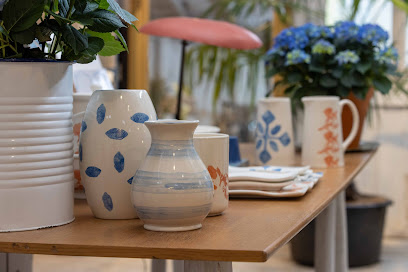
Souvenir Magnets - Souvenirs Lucerne - Best Price
Explore Lucerne's finest souvenir magnets, capturing the essence of this stunning Swiss city with unique and beautiful designs.
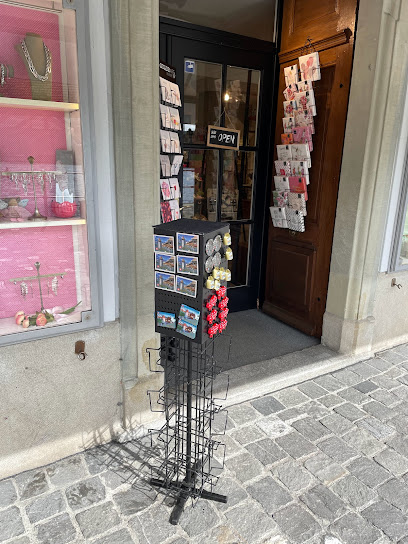
Essential bars & hidden hideouts
Mr. Pickwick Pub Luzern
Experience the charm of British and Irish pub culture at Mr. Pickwick Pub in Luzern, featuring a vast beer selection and hearty comfort food.
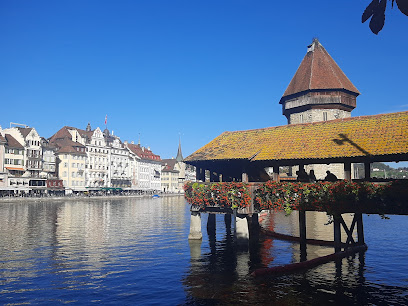
Penthouse
Explore the vibrant nightlife at Penthouse in Lucerne, where stunning views and a lively atmosphere create unforgettable evenings.
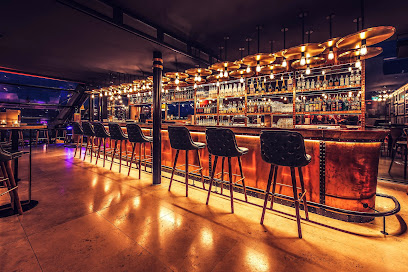
Sunset Bar Lucerne
Experience breathtaking views and refreshing cocktails at Sunset Bar Lucerne, a vibrant lakefront retreat perfect for tourists.
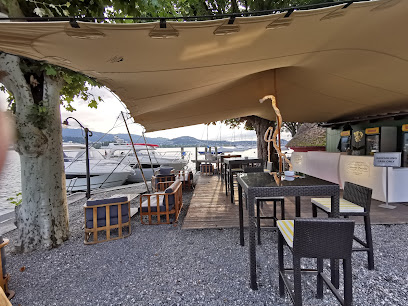
Seebar
Discover Seebar in Lucerne: a lively bar offering stunning lake views and a diverse drink menu for an unforgettable experience.
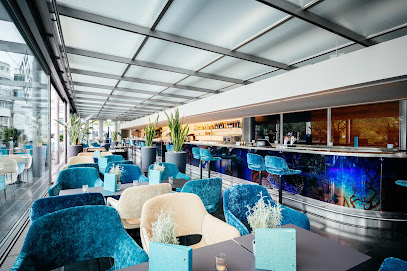
Blue Bar & Smokers Lounge
Experience the elegance of Lucerne at the Blue Bar & Smokers Lounge, where premium drinks and a stylish atmosphere await in the heart of the city.
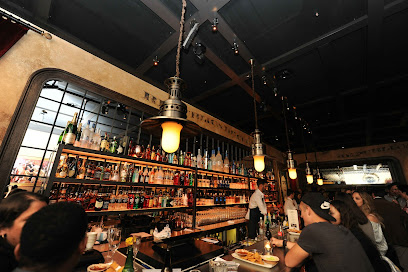
FINALE
Discover the vibrant nightlife of Lucerne at FINALE, where exceptional drinks and a lively atmosphere await you.
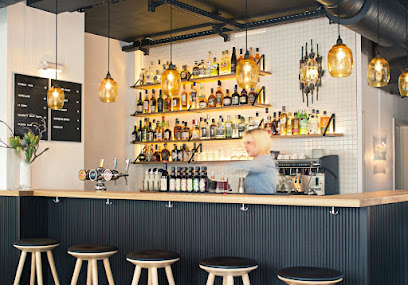
Louis Bar
Experience the stylish ambiance and extensive drink selection at Louis Bar, a must-visit destination for travelers in Lucerne.
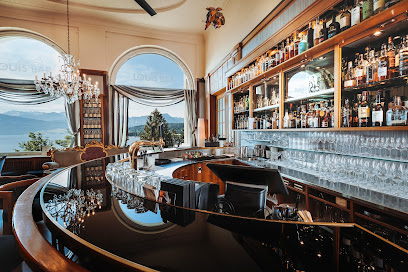
Blok Bar
Discover the lively Blok Bar in Lucerne, where innovative cocktails and a welcoming atmosphere await you in the heart of Switzerland.
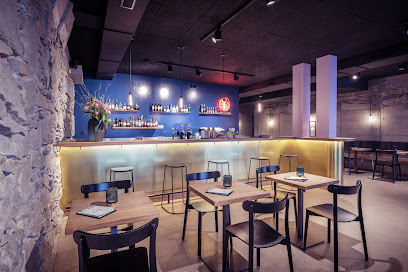
Houdini Luzern
Experience the enchanting atmosphere of Houdini Luzern, a premier bar in Lucerne known for its exquisite cocktails and inviting ambiance.
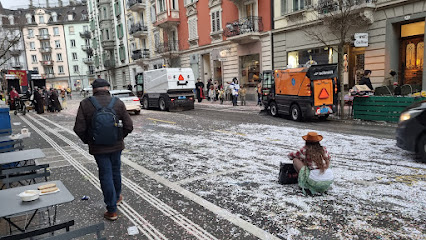
HERMITAGE Bar
Discover the chic HERMITAGE Bar in Lucerne, where elegance meets relaxation, offering a diverse drink menu and stunning terrace views.
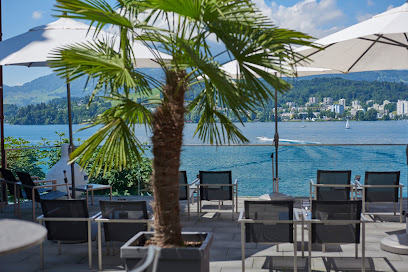
Local Phrases
-
- HelloGrüezi
[groo-eht-see] - GoodbyeAdieu
[ah-dyoo] - YesJa
[yah] - NoNein
[nyne] - Please/You're welcomeBitte
[bee-teh] - Thank youDanke
[dahn-keh] - Excuse me/SorryEntschuldigung
[ent-shool-dee-goong] - How are you?Wie geht es Ihnen?
[vee gayt es een-en] - Fine. And you?Gut. Und Ihnen?
[goot oont een-en] - Do you speak English?Sprechen Sie Englisch?
[shprekh-en zee eng-leesh] - I don't understandIch verstehe nicht
[eekh fair-shtay-e nehkt]
- HelloGrüezi
-
- I'd like to see the menu, pleaseIch möchte bitte die Speisekarte sehen
[eekh murkht-eh bee-teh dee shpy-zeh-kahr-teh zay-en] - I don't eat meatIch esse kein Fleisch
[eekh es-seh kine flysh] - Cheers!Prost!
[prohst] - I would like to pay, pleaseIch möchte bitte bezahlen
[eekh murkht-eh bee-teh be-tzah-len]
- I'd like to see the menu, pleaseIch möchte bitte die Speisekarte sehen
-
- Help!Hilfe!
[heel-fuh] - Go away!Gehen Sie weg!
[gay-en zee vehk] - Call the Police!Rufen Sie die Polizei!
[roo-fen zee dee poh-lee-tsai] - Call a doctor!Rufen Sie einen Arzt!
[roo-fen zee ayn-en ahrts] - I'm lostIch habe mich verirrt
[eekh hah-beh meekh fair-eert] - I'm illIch bin krank
[eekh been krahngk]
- Help!Hilfe!
-
- I'd like to buy...Ich möchte kaufen...
[eekh murkht-eh kow-fen] - I'm just lookingIch schaue nur
[eekh shou-eh noor] - How much is it?Wie viel kostet es?
[vee feel kohs-tet es] - That's too expensiveDas ist zu teuer
[dahs ist tsoo toy-er] - Can you lower the price?Können Sie den Preis senken?
[kew-nen zee den prees zehn-ken]
- I'd like to buy...Ich möchte kaufen...
-
- What time is it?Wie spät ist es?
[vee shpeht ist es] - It's one o'clockEs ist ein Uhr
[es ist ighn oor] - Half past (10)Halb zehn
[halb tsehn] - MorningMorgen
[mor-gen] - AfternoonNachmittag
[nahk-mit-tahk] - EveningAbend
[ah-bent] - YesterdayGestern
[geh-stern] - TodayHeute
[hoi-teh] - TomorrowMorgen
[mor-gen] - 1Eins
[ayns] - 2Zwei
[tsvay] - 3Drei
[dry] - 4Vier
[feer] - 5Fünf
[foonf] - 6Sechs
[zeks] - 7Sieben
[zee-ben] - 8Acht
[ahkt] - 9Neun
[noyn] - 10Zehn
[tsehn]
- What time is it?Wie spät ist es?
-
- Where's a/the...?Wo ist ein/der...?
[voh ist ighn/dehr] - What's the address?Was ist die Adresse?
[vahs ist dee ah-dreh-suh] - Can you show me (on the map)?Kannst du mir (auf der Karte) zeigen?
[kah-nst doo meer (owf dehr kahr-teh) tsai-gen] - When's the next (bus)?Wann kommt der nächste (Bus)?
[vahn kohmt dehr naihk-stuh (boos)] - A ticket (to ....)Eine Fahrkarte (nach ...)
[igh-nuh fahr-kahr-teh (nahkh ...)]
- Where's a/the...?Wo ist ein/der...?
History of Lake Lucerne
-
Lake Lucerne, known as Vierwaldstättersee, is a pivotal element in the history of Lucerne. The area became significant in the early Middle Ages, with the town of Lucerne formally founded in 870 AD as a monastery settlement. The lake served as a vital trade route and a means of transportation, linking various regions and facilitating commerce.
-
In 1332, Lucerne joined the Swiss Confederation, bolstering its strategic importance. The location of Lake Lucerne allowed it to serve as a defensive point against external threats, especially during the conflicts with the Habsburgs. The region's natural fortifications and the creation of alliances strengthened its position within the Confederation.
-
The Protestant Reformation in the 16th century brought significant cultural changes to Lucerne and its surrounding areas. While Lucerne remained predominantly Catholic, the influence of the Reformation led to increased religious tensions. The lake, serving as a meeting point for travelers and traders, became a melting pot of ideas and beliefs, contributing to cultural exchanges.
-
The late 19th century marked a transformative period for Lake Lucerne, as the advent of the railway system made the region more accessible. This led to a tourism boom, with visitors drawn to the stunning landscapes and pristine waters of the lake. The development of hotels, restaurants, and leisure activities around Lake Lucerne helped shape its identity as a tourist destination.
-
During World War II, Lucerne and the Lake Lucerne region maintained a stance of neutrality, which preserved its cultural heritage and economic stability. The lake continued to attract tourists, providing a serene escape from the turmoil in Europe. The post-war period saw the further establishment of Lucerne as a cultural hub, with festivals and events celebrating local traditions.
-
Today, Lake Lucerne is not only a natural beauty but also a cultural epicenter. The area hosts various events, including the Lucerne Festival, which attracts international artists and audiences. The surrounding mountains and the lake's picturesque setting continue to inspire artists, writers, and musicians, weaving the natural landscape into the cultural tapestry of Lucerne.
Lake Lucerne Essentials
-
Lake Lucerne is easily accessible from various neighborhoods in Lucerne. The main railway station, Lucerne Bahnhof, offers direct train services to nearby areas. From the station, you can walk to the lakeshore or take a local bus (lines 1 and 2) that connects to different waterfront locations. For those staying in the city, it's a leisurely stroll from the Old Town (Altstadt) to the lakefront, taking about 15-20 minutes.
-
Lake Lucerne is best explored by public transport, including boats, buses, and trains. The Swiss Travel System offers a variety of options such as the Boat Transport System, which allows you to travel across the lake and visit charming villages like Weggis and Vitznau. Local buses are also efficient, and bike rentals are available for those who prefer cycling along the lakeside paths.
-
Lake Lucerne is generally safe for tourists. However, standard precautions should be taken. Avoid isolated areas after dark, particularly around the lakeside parks. While the city has a low crime rate, petty theft can occur in crowded places, so keep an eye on your belongings, especially in tourist hotspots like the Chapel Bridge (Kapellbrücke) and Old Town.
-
In case of an emergency, dial 112 for police, fire, or medical assistance. The local hospital, Luzerner Kantonsspital, is equipped to handle emergencies and is located within the city. Pharmacies (Apotheken) are widely available for minor health issues, and most staff can communicate in English.
-
Fashion: Do wear comfortable, weather-appropriate clothing, especially if you plan to hike. Don't wear overly casual attire in upscale restaurants. Religion: Do respect local customs, particularly when visiting churches; shoulders and knees should be covered. Public Transport: Do be punctual and respectful to fellow passengers. Don't speak loudly or use mobile phones. Greetings: Do greet locals with a friendly 'Grüezi' (hello). Eating & Drinking: Do try local Swiss dishes and enjoy outdoor dining when possible. Don't waste food, as it is considered rude.
-
To experience Lake Lucerne like a local, visit the farmer's market on Tuesdays and Thursdays in the city center, where you can find fresh produce and local delicacies. Take a walk along the lakeside promenade in the early morning or late afternoon for stunning views and fewer crowds. Engage with locals at cafes, and don’t hesitate to ask for recommendations on hidden gems around the lake.
-
The best time to visit Lake Lucerne is during the late spring (May to June) and early autumn (September to October) when the weather is mild and the tourist crowds are smaller. Summer months (July to August) are also popular for outdoor activities and festivals, but expect larger crowds.
-
Switzerland values punctuality and politeness. When invited to someone’s home, bringing a small gift, such as chocolates or flowers, is customary. Always wait to be seated in restaurants, and remember that tipping is not mandatory but appreciated for good service.
Nearby Cities to Lake Lucerne
-
Things To Do in Zurich
-
Things To Do in Grindelwald
-
Things To Do in Interlaken
-
Things To Do in Murren
-
Things To Do in Thun
-
Things To Do in Bern
-
Things To Do in Balzers
-
Things To Do in Schaan
-
Things To Do in Vaduz
-
Things To Do in Gamprin
-
Things To Do in Triesenberg
-
Things To Do in Eschen
-
Things To Do in Mauren
-
Things To Do in Ruggell
-
Things To Do in Basel













